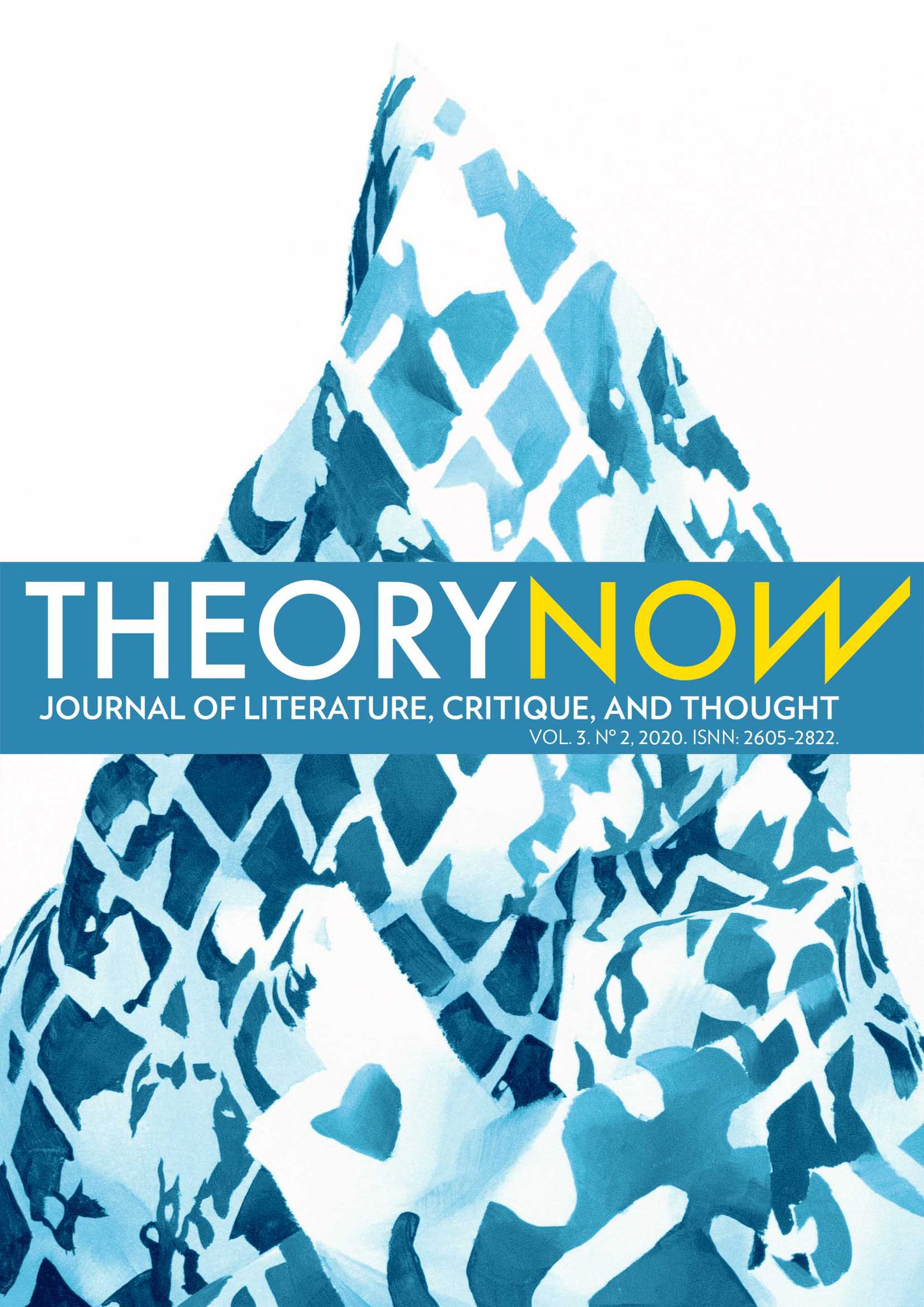Towards a Decentered Sociology of Literature: Notes and Comments to Bourdieusian Theory from the Periphery
DOI:
https://doi.org/10.30827/tn.v5i1.22590Abstract
This paper draws from the international circulation of the concepts and theory developed by Pierre Bourdieu to deepen, from a literary perspective, into the notion of autonomy, given the multiple objections and challenges that surface when approaching peripheral literary fields. We argue that in a significant variety of historical and geographical contexts, the heteronomous factor, be it political or economic, permeates the functioning of the literary field in a decisive way. As illustrated through some examples from the Soviet and Latin American examples, there is a need to refine the categories used to think the literary field and its relations to other fields of activity, to other national literary fields and between different scales. To that end, we delve into some recent proposals formulated to (re)define the key notions of field theory. From here, we hint at more flexible uses of the theory that would allow its application to dissimilar geographical contexts and new scales of analysis in order to develop the modelization of field variation.
Downloads
Downloads
Published
How to Cite
Issue
Section
License
Theory Now. Journal of Literature, Critique, and Thought is an immediate open-access publication which is available at no cost for readers and authors alike. Authors are not charged any kind of fee for the editorial processing of their articles. Reading, downloading, copying, distributing, printing, searching, linking or reusing all published articles for non-commercial uses is allowed on the condition of citing the author, the journal and the editing body. All intellectual material published in this journal is protected under a Creative Commons Attribution-NonCommercial 3.0 Spain license.
Dissemination of the articles in social (Facebook, Twitter, Linkedin, etc.) and scientific networks (ResearchGate, Academia.edu, etc.), public repositories at universities and other institutions, blogs, personal or institutional websites, Google Scholar, ORCID, ResearchID, ScopusID, etc. is strongly encouraged. In all cases, the intellectual property of the articles and any possible monetary profits derived from them belong exclusively to the authors.













